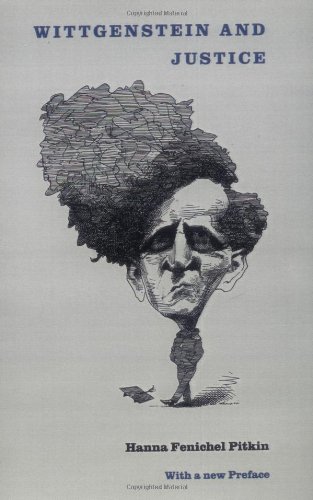In Philosophical Investigations (1958), Wittgenstein characterized the philosophical remarks that comprise his book as journeyings across a landscape. McGinley and Tierney (1989, p. 250) adopted that representation in depicting reading and writing as ways of traversing a topical landscape:
“After Wittgenstein (1953), we also take the theoretical position that a topic of study is analogous to a landscape about which knowledge is best acquired by ‘traversing’ it from a variety of perspectives. However, in our system, different forms of reading and writing represent the ‘traversal routes’ or cases through which an individual can explore a given content domain. As the combined assemblages of several cases provide multiple routes for acquiring knowledge, we argue that more complex or diverse combinations of different forms of reading and writing provide a learner with the means to conduct a more critical examination of a topic by way of the multiple perspectives or ways of ‘seeing’ and thinking that these reading and writing exchanges permit.”
I am quite confident that I will be using the above quote in the near future to characterise my approach to literacy since it shares the sentiment of A Teacher for All Seasons.
Reference
McGinley, W., & Tierney, R. J. (1989). Traversing the topical landscape: reading and writing as ways of knowing. Written Communication, 6(3), 243–269.

